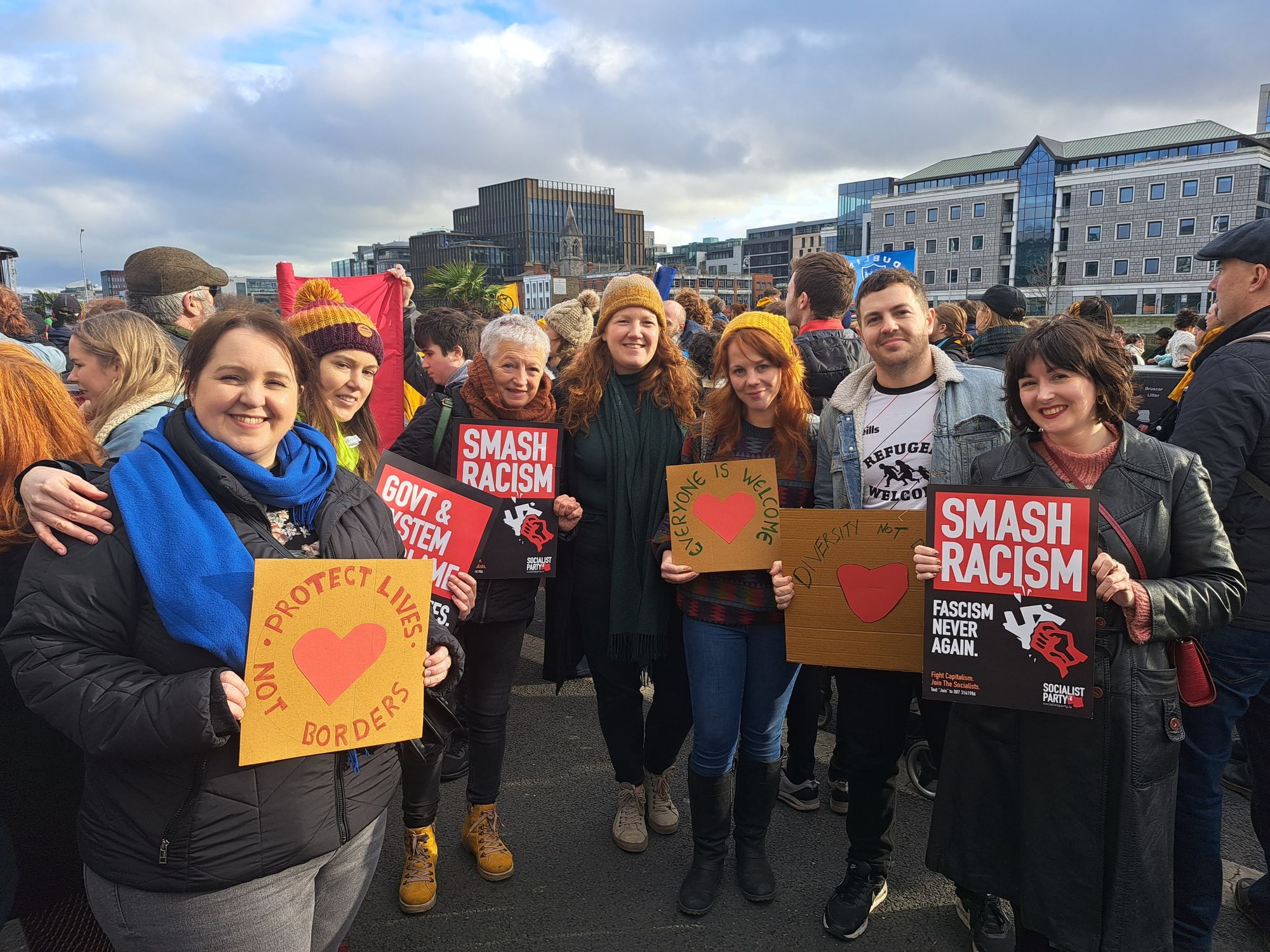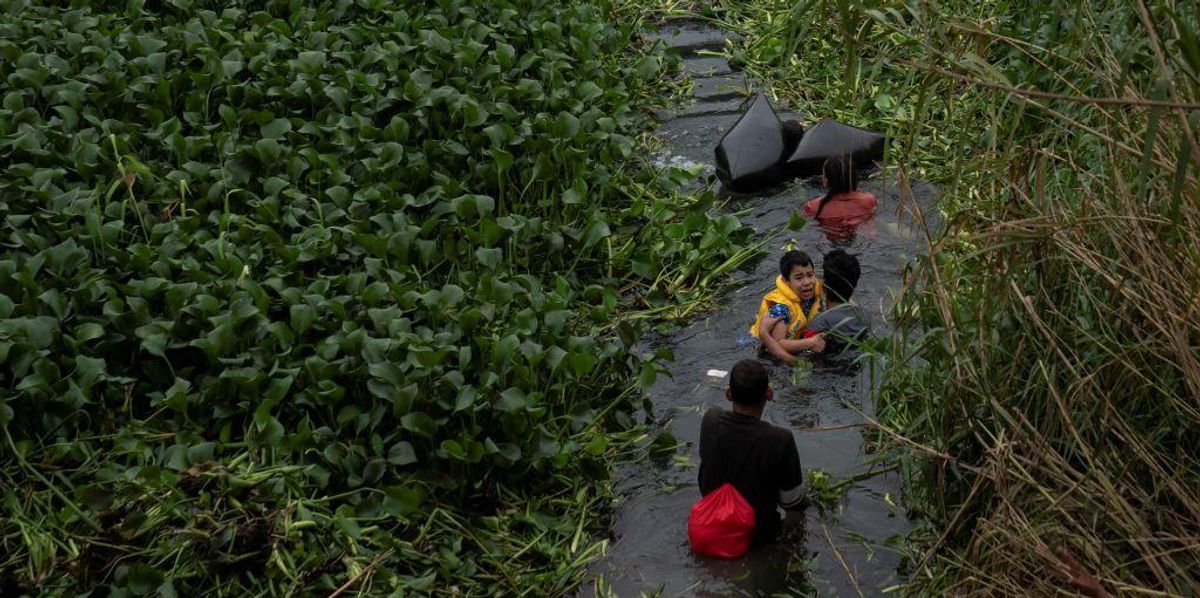Football presenter Gary Lineker is in hot water for comparing UK government refugee policy to that of German fascism. He was commenting on a Twitter video of home secretary Suella Braverman’s plans to reduce the number of refugees in Britain:
There is no huge influx. We take far fewer refugees than other major European countries. This is just an immeasurably cruel policy directed at the most vulnerable people in language that is not dissimilar to that used by Germany in the 30s, and I’m out of order?
— Gary Lineker
(@GaryLineker) March 7, 2023
To Lineker’s credit, he has refused to delete his tweet so far. There’s some truth in what he says. Tory refugee policy is vile, racist, and costs lives. But there needs to be caution here, because saying that which is nasty is fascist is a mistake.
In the same way that Gary Lineker is just a well-meaning liberal, rather than a raging leftist, the likes of Boris Johnson and Suella Braverman are simply Tories doing what exactly what Tories do.
Wielding words
Britain isn’t a fascist regime. These policies have been produced in a liberal democracy. And democracies are perfectly capable of doing terrible things. Violence, racism, colonialism, and exploitation are the bedrock upon which they are built.
Like most centrists, Lineker doesn’t really understand what fascism is, where it comes from, or why it is distinct. And wielding Nazi and fascist comparisons lightly is a mug’s game, because those words mean something other than just things we don’t like or which are bad.
Obscuring fascism and its threat by calling policies or people fascist says absolutely nothing about fascism, but a lot about the person making the accusation. To confront fascism, which is certainly alive around the world, we need to be able to distinguish it from plain old racist authoritarian capitalism. And we also need to understand the relationship between them.
Dodgy analogies
One of the worst trends going on social media and in political discourse is the half-cocked Nazi comparison. As Historian Edna Friedberg has it:
Nazis seem to be everywhere these days. I don’t mean self-proclaimed neo-Nazis. I’m talking about folks being labeled as Nazis, Hitler, Gestapo, Goering — take your pick — by their political opponents.
The practice even has its own name:
American politicians from across the ideological spectrum, influential media figures, and ordinary people on social media casually use Holocaust terminology to bash anyone or any policy with which they disagree. The takedown is so common that it’s even earned its own term, reductio ad Hitlerum.
Even worse is when people default to saying things which are absolutely not the Holocaust, are somehow like the Holocaust:
The Holocaust has become shorthand for good vs. evil; it is the epithet to end all epithets.
As Friedberg points out:
This oversimplified approach to complex history is dangerous. When conducted with integrity and rigor, the study of history raises more questions than answers.
The use of Nazi or Holocaust slurs simply to attack opponents or stir up supporters is cheap and dangerous. It’s a juvenile and lazy practice which reduces an immense crime to a political football.
Real, existing fascism
That is not say the Tory Party hasn’t had fascists in it. In the same way, the Labour Party has socialists in it from time to time. For example, in 2022, Tory councillor Andy Weatherhead was forced out of the Conservative Party after it emerged he admired Italian fascist leader Mussolini.
Weatherhead also had a soft spot for British fascist leader Oswald Mosley. And it’s worth remembering that Mosley served as an MP for both the Labour and Tory parties.
But fascism today is distinct from what we can call the ‘classical’ fascism of the 1930s. Philosophy professor Santiago Zabala said:
The main difference between the classical and contemporary incarnations of fascism is that the version we observe today is operating within democratic systems rather than outside them.
He added:
Proponents of 20th-century fascism wanted to change everything from above; Mussolini defined it as “revolution against revolution”. But fascism today aims to transform democratic systems from within.
That is not to say that modern fascism doesn’t still involve boot-boy street violence or a pursuit of an imagined “other”. We saw this recently in Liverpool where fascists organised local people in anti-refugee protests. Certainly, the Tories whip up and weaponise anger against minorities, and use some of the same rhetoric. But this, again, is opportunistic. Fascism is radical and revolutionary. It doesn’t want the status quo, which is what the Tories are trying to shore up with their own attacks on refugees, trade unionists, and minority groups.
Trump and co
One of the reasons the term fascism has become so over- and mis-used in recent years is Donald Trump. Again, there are certainly fascists in his base. But the question of whether Trump himself is a fascist is an important one, because we need to be able to see fascism clearly.
As a 2018 Vox interview with Yale philosopher Jason Stanley argued, different ends of the spectrum throw the word around and attach different meanings to it:
Liberals see fascism as the culmination of conservative thinking: an authoritarian, nationalist, and racist system of government organized around corporate power. For conservatives, fascism is totalitarianism masquerading as the nanny state.
But Stanley still calls for a certain amount of nuance around Trump:
I wouldn’t claim — not yet, at least — that Trump is presiding over a fascist government, but he is very clearly using fascist techniques to excite his base and erode liberal democratic institutions, and that’s very troubling.
In light of 2020’s Capitol riots, however, where far-right Trump supporters stormed government buildings in Washington DC, it might be worth reviewing Stanley’s assessment. The main takeaway is that fascism remains a fluid, adaptable creed which defies easy definition. It can accompany conservative or nationalist movements, while still being distinct from them.
Complexity
The key point in all this is this that fascism is a complex set of ideas – and those need to be engaged with carefully. Analogies and comparisons can be useful, but they should never be made flippantly. This is because they can obscure fascism where it actually exists.
In the UK there are fascists, for example, but they are not organised into a powerful movement. Rather, they spend their time trading off fear whipped up about refugees and protesting drag queens in an attempt to influence popular discourse. The fact Tories and even centrists also do this at times does not make them fascists too.
What we are dealing with is an aggressive racialised capitalism, in a country with a violent imperial past and present, and we need to see that for what it is. Not least, that is, so that we can recognise fascists when they do appear in numbers.
Featured image via Wikimedia Commons/Paul Sableman, cropped to 770 x 403, licenced under CC BY 2.0.
By Joe Glenton

 (@TobyonTV)
(@TobyonTV) 

 Today our team was supposed to be back at sea to prevent more deaths in the
Today our team was supposed to be back at sea to prevent more deaths in the  Who will pay the real price of the detention imposed on
Who will pay the real price of the detention imposed on  is stepping up its crackdown on civil fleets to obstruct their work of saving lives.
is stepping up its crackdown on civil fleets to obstruct their work of saving lives.  .. Bfawu forever
.. Bfawu forever 


 (@RefugeeTogether)
(@RefugeeTogether)  (@DanielYorkLoh)
(@DanielYorkLoh)  ACTION ALERT
ACTION ALERT 
